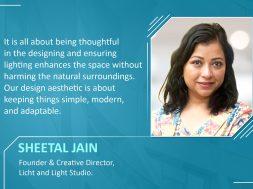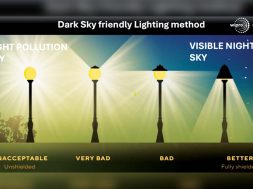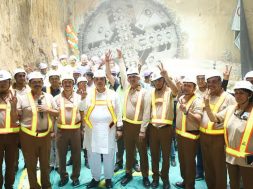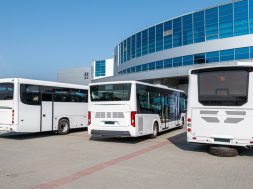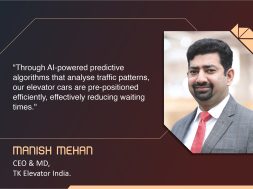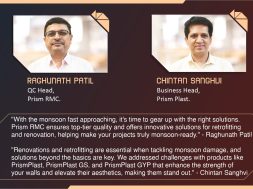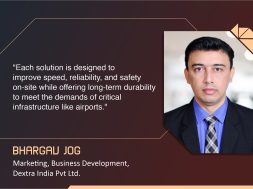Aesthetic and functional tech light designs
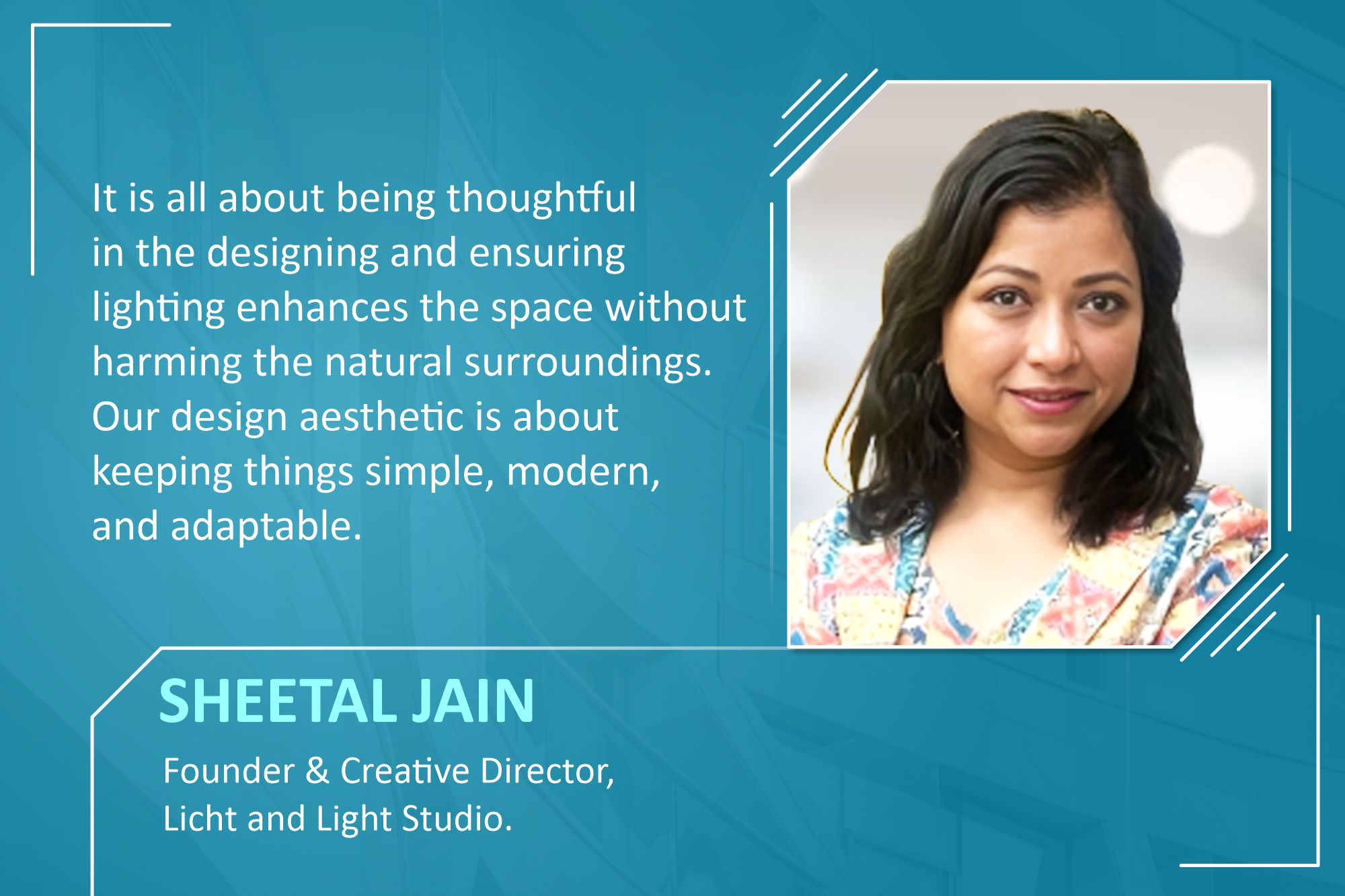
This discussion explores how aesthetically beautiful and functional light designs can be created thoughtfully using technology.
Can you share details on one of your best projects and walk us through the concept, challenges faced, and the kind of lights used in the lighting design?
One of our most memorable projects was designing a cohesive, fully automated lighting system for a private lounge, home office, gym, massage room, and pool-facing bar. The goal was to efficiently integrate lighting across these very different zones, making it easy for the client to control everything from his smartphone. Each space had its unique requirements—soft, ambient lighting for the lounge and bar and brighter, focused lighting for the office and gym. We used Digital Addressable Lighting Interface (DALI) systems, allowing the client to adjust brightness and colour in each space depending on the mood or activity. Using the Dialux software, we carefully planned where each light should go, ensuring the lighting was aesthetic and functional.
What is your design aesthetics when it comes to lighting? Are specific themes, styles, or elements consistently inspiring your work?
Our approach to lighting is all about creating balance, warmth, and subtle elegance. We are big believers in minimalism—using light sparingly to highlight the beauty of a space without overwhelming it. Prioritising natural light, we ensure warm, comfortable lighting—especially in living spaces—because it makes everything feel more inviting and cosy. Our designs lean toward modern elegance, using clean lines and sleek fixtures that blend into the architecture. We also love layering lighting—combining ambient, task, and accent lighting to create a sense of depth and variety.

Can you outline the steps to ensure energy efficiency in your lighting designs?
Energy efficiency is always a major focus. We use LED fixtures because they use less power and last much longer than traditional bulbs. With DALI, the client can easily adjust lighting levels to only use as much light as needed. We also focus on task-specific lighting—instead of lighting up entire rooms, we focus on the areas where light is needed most. We also make maximum use of natural daylight where possible and add dimmers and motion sensors to ensure lights are not unnecessarily kept on.
How do you ensure that the lights in your design are consistent for an optimally lit space?
To keep the lighting consistent, we ensured that the lights in different zones had the same colour temperature, helping everything flow visually. We use the Dialux software to plan everything to simulate how the light would look in each room. We try to choose lights from the same family as this would help keep the look and performance consistent across a project. Additionally, we layer direct and indirect lighting to soften harsh transitions and make the whole space feel balanced and evenly lit.
What recent lighting innovations/tools/technologies do you find the most exciting to use in your projects?
One of the most useful innovations is the DALI system, which lets users customise their lighting entirely with a tap on their phone or a voice command. Dialux is also a good choice for planning, which helps us ensure the design is spot-on before installing the lights. Human-centric lighting, another game-changer, adjusts the lighting to mimic natural daylight cycles. Similarly, colour-tunable LEDs let users change the mood of a space with different tones and colours.
What is your design philosophy to ensure minimal light pollution?
Only light what is needed! We use shielded fixtures that direct light downward, avoiding wasting light by sending it out. We stick to softer, low-intensity lighting and always install dimmers. We also add innovative technology like timers and motion sensors to ensure lights are off when unused. We also follow Dark Sky guidelines to ensure that we are doing our part to protect the environment.
For more details, visit: https://www.instagram.com/licht_and_light_studio/
Cookie Consent
We use cookies to personalize your experience. By continuing to visit this website you agree to our Terms & Conditions, Privacy Policy and Cookie Policy.
